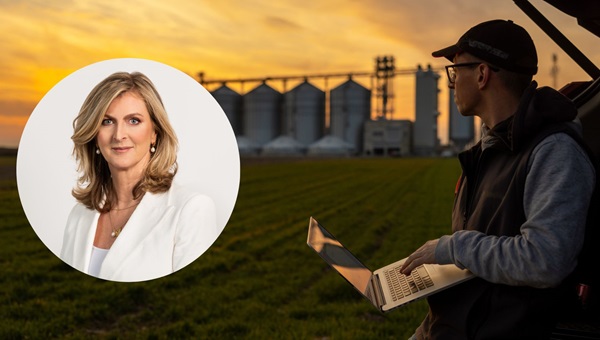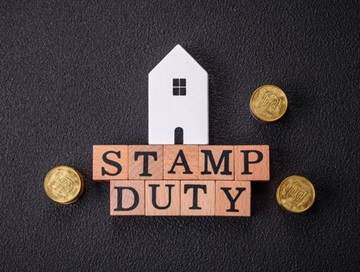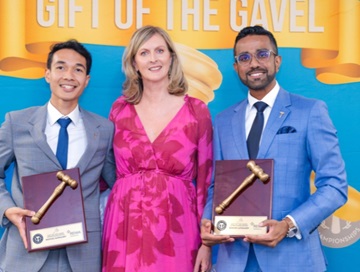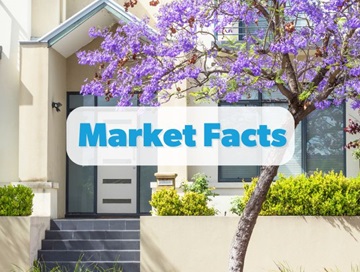As seen in The West Real Estate
With a good 2024 season behind them, many farmers are looking to the property market for an off-farm investment.
Real estate offers excellent opportunities, especially considering the capital growth achieved in the past few years, and the potential for more growth. It also stacks up well against other investments, such as shares.
To ensure ongoing success when investing in property a typical investor should consider factors like an area’s potential for long-term growth and whether the suburb and property will be attractive to tenants now and in the future.
However, there are other important considerations for farmers looking to put their money into property.
It is good to start by asking why you are looking at buying a property. Is it purely as a long-term investment? Or are you looking for a city-based residence that will also provide accommodation for you and your family when needed. This may include general visits to Perth, or you may want a residence for young-adult children when they head to uni. You may even want to have a home near the kids’ school while they are at boarding school.
If you are investing now but planning for your retirement, you will also need to consider whether the property you buy today will have access to services you are likely to need in the future, such as medical facilities, transport, shops and its proximity to other attractions, like the coast or lifestyle hubs.
Off-farm property investments may serve other purposes. For example, is there going to be a need for one sibling to take a large asset that isn’t related to the farm in a few decades’ time? Or is there a need for a spouse, who is not part of the family farm enterprise, to have a large asset that is completely separate from all other farm assets and liabilities?
Another consideration is the purchasing entity for off-farm property investments. If you are seeking tax benefits, it might be beneficial to purchase the property using a trust, or putting it in a spouse’s name, if they don’t already own other property. This can be quite complex, so it is a good idea to speak to a financial or business advisor about the best option for your situation.
And finally, when looking at property, an off-farm asset should be a solid investment that won’t suffer too much from cyclical movements in the market, so that if it needs to be liquidated after two droughts, it can be.
Suzanne Brown
REIWA President



.tmb-rcarousel.jpg?sfvrsn=24ed8b20_1)



.tmb-rcarousel.png?sfvrsn=3619a769_1)


